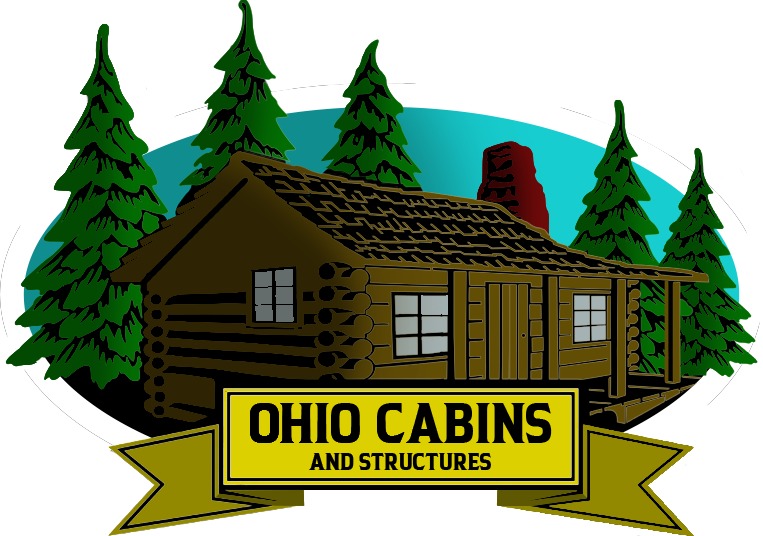With the rising cost of traditional housing and a growing interest in minimalist lifestyles, many people are asking: are tiny homes a good investment? From reducing living expenses to providing rental income, tiny homes have unique financial and lifestyle advantages. But like any investment, they also come with considerations that require thoughtful evaluation. In this article, we’ll explore the benefits, risks, and long-term value of tiny homes to help you decide whether they make financial sense for your goals.
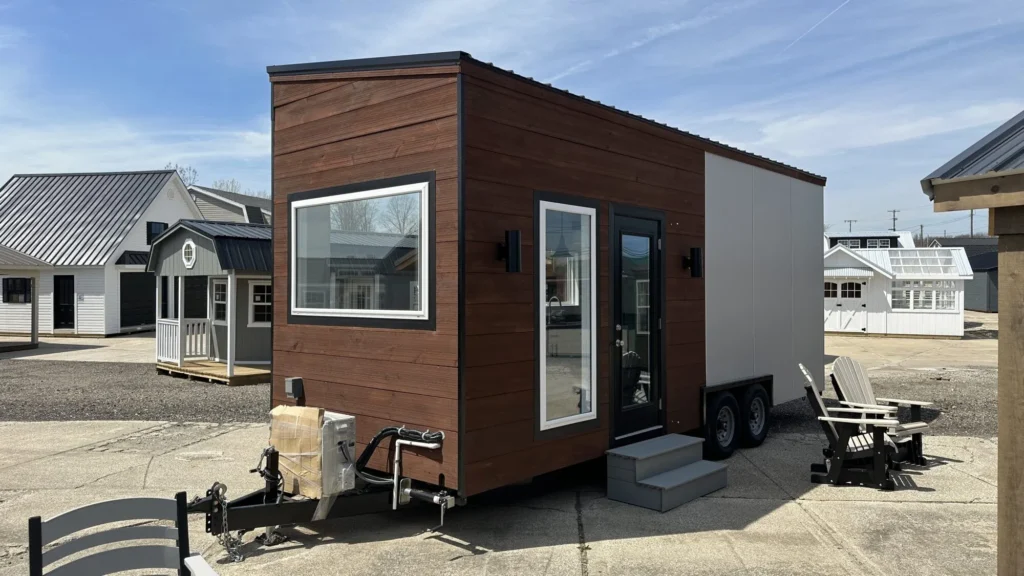
Lower Upfront Costs and Ownership Expenses
One of the most compelling arguments in favor of tiny homes is their affordability. Compared to traditional homes, tiny homes have significantly lower upfront costs. While a conventional home might cost hundreds of thousands of dollars, tiny homes often range from $30,000 to $100,000 depending on size, materials, and customization. This lower barrier to entry makes homeownership more accessible to people who might otherwise be priced out of the market.
Beyond the initial purchase price, tiny homes tend to have lower recurring expenses. Utility bills are typically reduced due to the smaller footprint, and maintenance costs are often more manageable. For homeowners looking to cut monthly expenses and gain financial freedom, this makes tiny homes an attractive option.
Potential for Rental Income
Tiny homes can also generate passive income through short-term or long-term rentals. Whether placed on private property, in a vacation-friendly area, or in a tiny home community, these compact dwellings can be rented to travelers, students, or tenants seeking affordable housing. Platforms like Airbnb and Vrbo have increased visibility and demand for unique lodging options, including tiny homes.
The relatively low cost of building and maintaining a tiny home makes it easier to reach positive cash flow quickly. If managed well, a tiny home rental can provide steady supplemental income or even serve as a primary business model. Of course, local zoning and rental laws must be considered before pursuing this path.
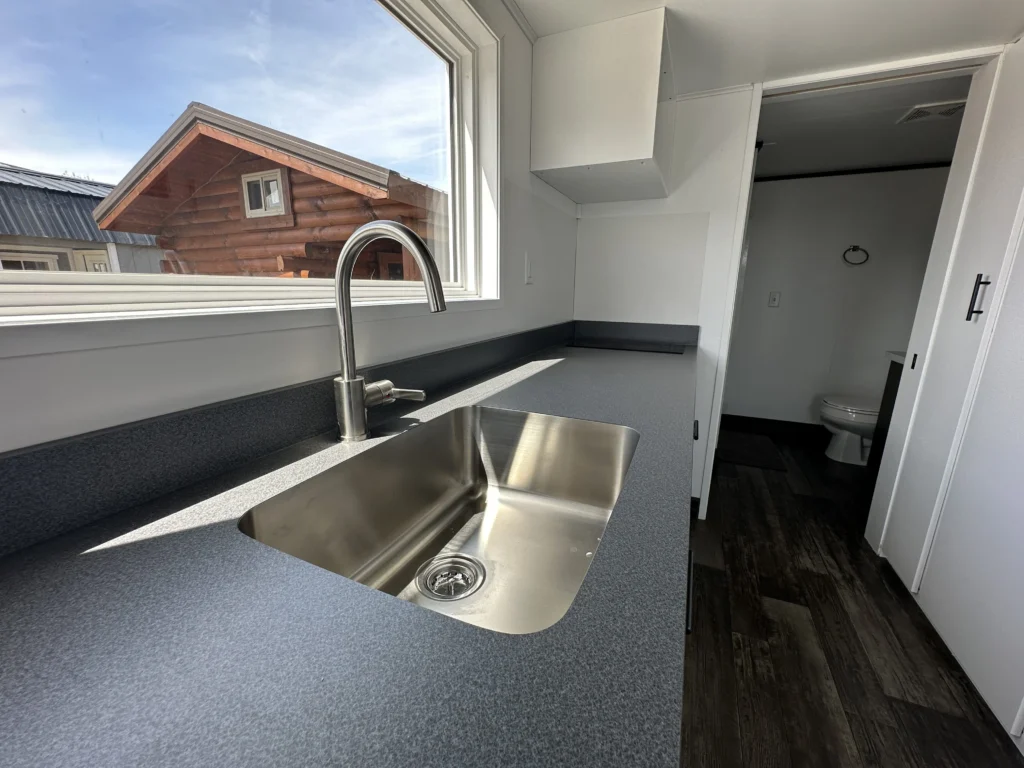
Flexibility and Resale Opportunities
Tiny homes offer flexibility that traditional homes often can’t match. Because many tiny homes are built on wheels, they can be relocated as needs or opportunities change. This mobility can add value for owners who anticipate moving in the future or want to use their property for multiple purposes over time.
While tiny homes don’t always appreciate in value like standard real estate, they do retain their usefulness, especially in markets where alternative housing is in demand. Used tiny homes can be resold through online marketplaces or local listings. Condition, quality of construction, and location all impact resale value, so working with a reputable builder is essential.
Zoning and Legal Limitations
One potential drawback when considering whether tiny homes are a good investment is the complexity of zoning laws and legal restrictions. In many areas, tiny homes are still navigating a regulatory gray zone. Some municipalities prohibit full-time residence in tiny homes, particularly those on wheels. Others limit where these homes can be placed or require expensive permits.
These legal uncertainties can complicate efforts to live in or rent out a tiny home. However, awareness and acceptance of tiny housing is increasing, and more cities are adopting zoning changes to accommodate ADUs (accessory dwelling units) and mobile tiny homes. Doing thorough research on local laws is crucial for protecting your investment.
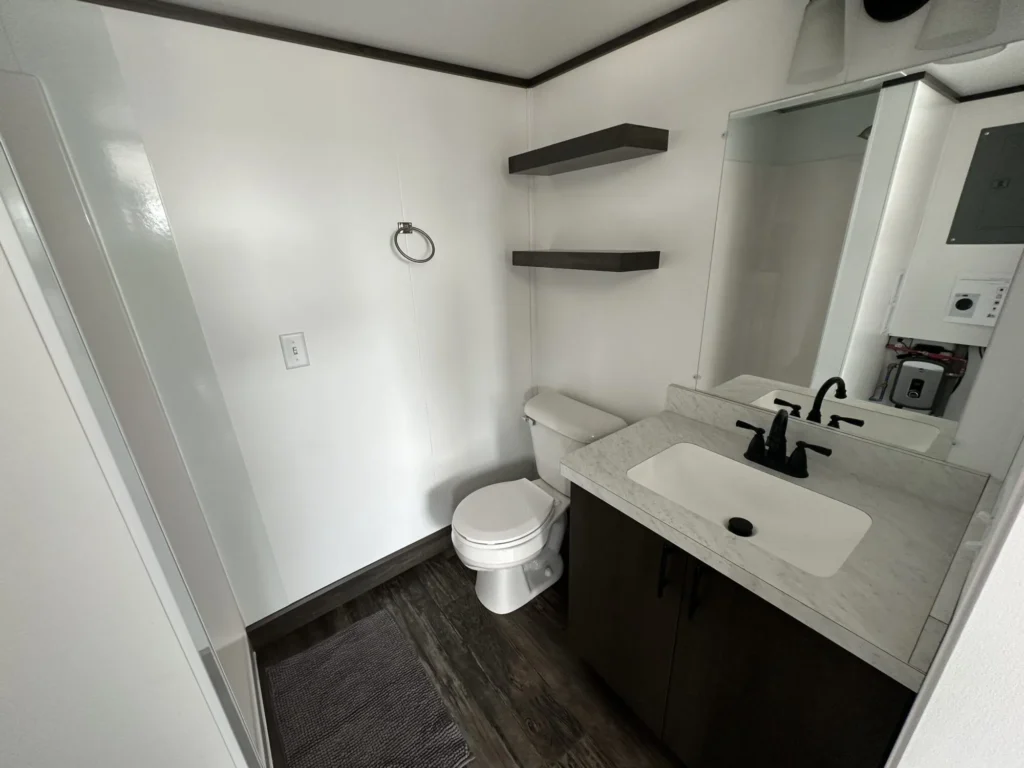
Maintenance and Depreciation
Tiny homes are generally easier and less expensive to maintain than full-sized homes, but they’re not without upkeep. Components like roofs, siding, windows, and appliances all require routine care. Mobile tiny homes, in particular, can experience wear from travel, requiring occasional repairs to frames, axles, or exterior materials.
Depreciation is another factor to consider. Like vehicles and RVs, tiny homes on wheels may lose value over time, especially if not well maintained. Homes on foundations can better retain value, especially when legally recognized as permanent dwellings. Custom features, energy-efficient upgrades, and high-quality materials help slow depreciation and increase resale appeal.
Eco-Friendly Value and Sustainability
For those seeking an environmentally conscious lifestyle, tiny homes provide added value through sustainability. They use fewer materials, require less energy, and produce a smaller carbon footprint compared to traditional housing. Many owners incorporate green features such as solar panels, rainwater catchment, and composting toilets, aligning their investment with eco-friendly principles.
This sustainable appeal can increase rental demand or resale interest among like-minded buyers. It also provides long-term savings on utilities and environmental impact, creating a holistic return that goes beyond dollars and cents.
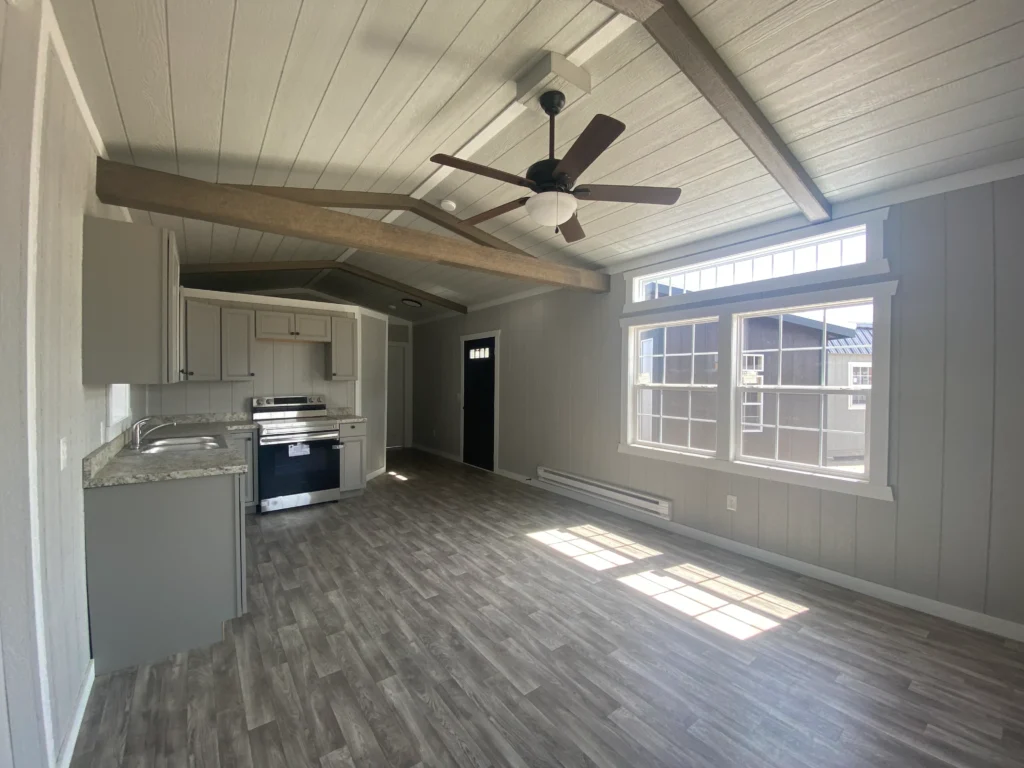
Partnering with an Experienced Builder
Whether you’re investing in a tiny home for personal use, as a rental, or to reduce your living costs, partnering with an experienced builder makes a big difference. Ohio Cabins & Structures offers high-quality, customizable tiny homes that meet modern lifestyle needs and regional regulations. Their team helps clients navigate design, permitting, and delivery with clarity and professionalism.
Explore their models and learn more about how to align your investment with your goals at Ohio Cabins & Structures. For additional insights on real estate trends and small home economics, resources like the Tiny Home Industry Association and Investopedia offer valuable context.
So, are tiny homes a good investment? For many, the answer is yes—if approached with careful planning, realistic expectations, and a long-term perspective. Whether you’re looking to downsize, generate income, or live more sustainably, tiny homes offer a flexible, affordable, and increasingly viable investment path.
